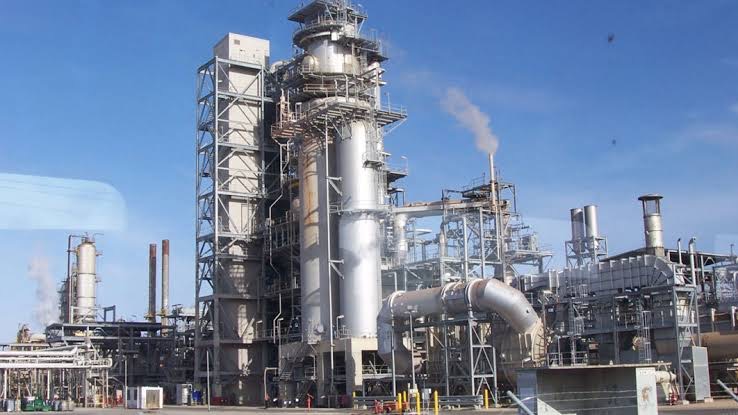The Nigerian government aims to attract around $10 billion in investment by signing consolidated guidelines to implement fiscal incentives for the oil and gas sector.
A statement on Tuesday by the Ministry of Finance explained that the guidelines, a cornerstone of the Presidential Directives, are aimed at enhancing the Nigerian oil and gas sector’s global competitiveness while stimulating economic growth.
Accordingly, the Minister of Finance, Wale Edun, presided over the signing of guidelines at the Ministry’s headquarters in Abuja.
It revealed that the Presidential Directives were developed and coordinated by the Special Adviser to the President on Energy, Mrs. Olu Verheijen, to ensure a competitive framework for the Nigerian oil and gas industry.
“These consolidated guidelines for the fiscal incentives are based on extensive collaboration across Finance and Petroleum Ministries and involve several key regulatory bodies, including the Federal Inland Revenue Service, the Nigerian Upstream Petroleum Regulatory Commission, and the Nigerian Midstream and Downstream Petroleum Regulatory Authority,” part of the statement read.
According to Verheijen, these new measures have been designed to deliver a competitive internal rate of return for oil and gas projects and attract over $10 billion in new investments within the next 12–18 months.
“They also underscore Nigeria’s commitment to reaching its long-term oil production target of 4 million barrels per day while enhancing the reliability of gas supply to boost export earnings and fuel Nigeria’s industrialization,” she said.
Verheijen disclosed that among the guidelines signed was the NUPRC Guideline on Hydrocarbon Liquid Content in a Non-Associated Gas (NAG) Field, which is essential for accurately categorizing and quantifying the hydrocarbon liquid content in these fields.
Edun emphasized, “Our goal is to foster an environment that promotes international competitiveness, attracting foreign direct investment to the sector.

